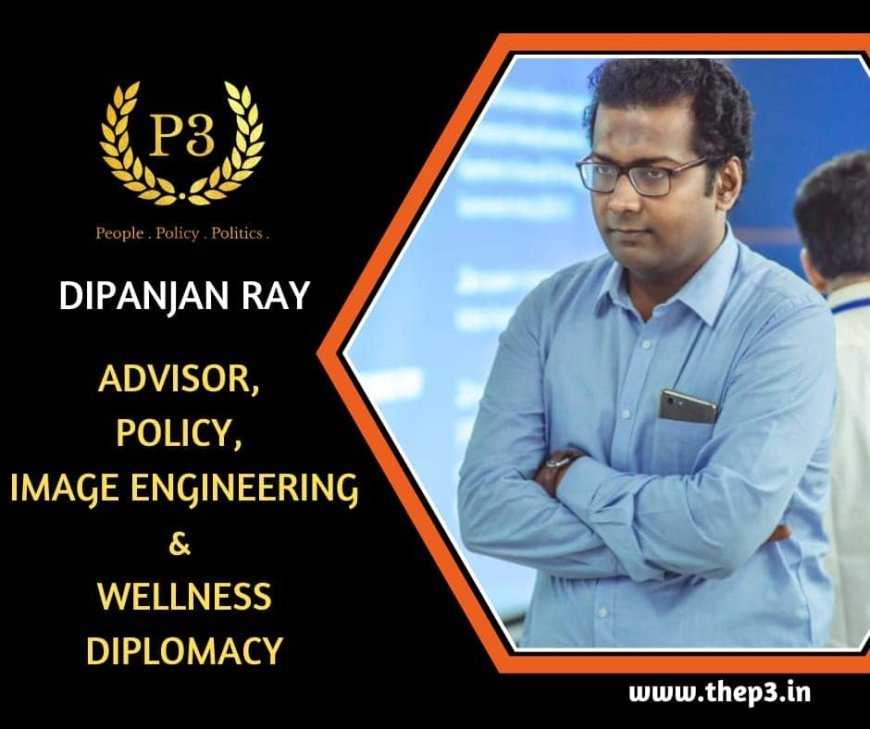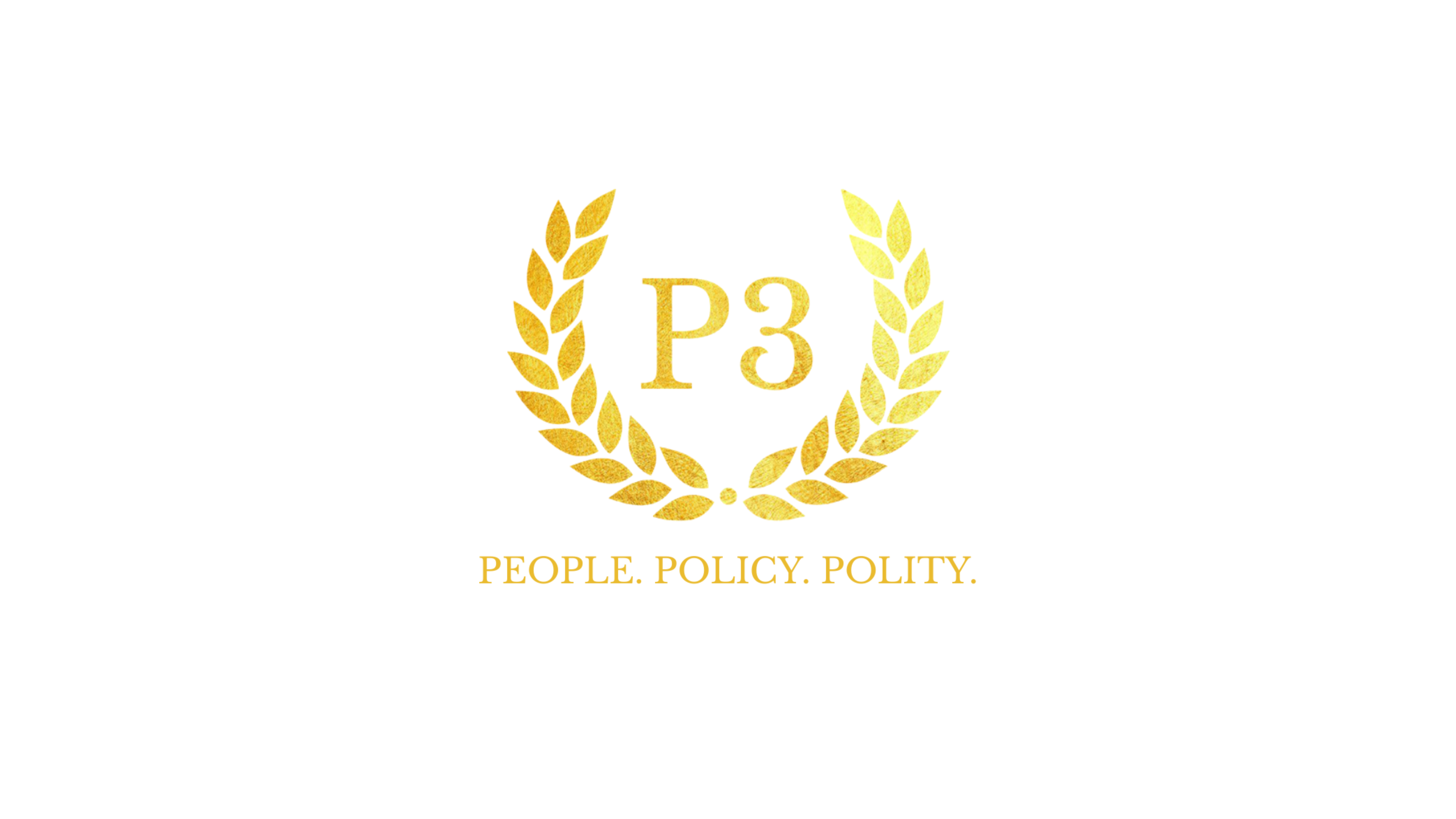How mentally healthy is the collective you belong to?

Greater awareness of the significance of mental health in society has emerged in recent years. It is partially driven by a rising tide of diagnosed mental health conditions and their implications on the economy, commerce, education, and general well-being of the members of society. Consequently, institutions like universities, political and social organizations, and families are more willing to acknowledge the mental health conditions of their members and provide/ encourage them to seek medical/psychological help from professionals.
However, the framework of modern mental health practice, which is essentially individual-centric in nature, restricts and limits all of these endeavors. In other words, the extant mental health paradigm locates the mental health pathology within the neurological and psychological processes at the individual level. Accordingly, mental health interventions mostly focus on the treatment of individual patients. Psychiatric medicines target the neurochemical processes taking place inside individual brains. Psychotherapy usually has focus on the psychological processes of an individual.
The reality is considerably more nuanced. The mental health of an individual is undoubtedly influenced by their brain functions and psyche. But so does the bigger collective to which that person belongs. To put it another way, a family, a group of friends, a science lab, or a worker's union can all have positive or negative effects on the mental health of its members. They can either foster sadness, anxiety, and panic attacks or they can be a source of happiness, serenity, and creativity. This is reflected in a high prevalence of mental health conditions and the suicide rate in certain educational institutions, workplaces, families, or other institutions compared to the population. We argue that this aspect of mental health needs more attention which is often missing in strategies to deal with the mental health condition within an organization.
Several mental health determinants could be envisaged at the collective level. A few of them are as follows:
Cognizance: Does your collective formally acknowledge the importance of mental health? Are mental health issues openly discussed?
Autonomy: Do you have a feeling of control and participation in the collective? Does your opinion matter?
Inclusivity: How diverse is your collective? Are jokes that denigrate marginalized groups or that are sexist or casteist shared among the members of your collective?
Social security: This is crucial, especially for groups like the workplace. How likely is it that you will lose your job in the upcoming year? Does your company provide health insurance? Retirement advantages? Do you have the right to a compensated parental leave? Do you worry that taking a parental break may harm your professional standing?
Recognition: Do you believe that your contribution to the group has not been given fair recognition? Do others take you for granted? Does your group always make you feel guilty that you aren't doing enough to contribute?
Failure: How failure is treated in your collective? Is it catastrophized or taken as an opportunity to learn as a team? Is it objectively evaluated or is the burden of responsibility passed on to the junior members?
This fresh perspective, in our opinion, will enable members of a collective to consider fresh avenues for enhancing the mental well-being of their fellow members. Thus, the responsibility of the office administration, for instance, will not end with the appointment of a psychologist for the staff members (which is unquestionably a positive step), but will instead include, among other things, putting a stop to abusive bosses, involving employees in decision-making, putting into place measures to increase diversity among its employee base, and improving social security programs.
This commentary does not claim to be exhaustive. This is just meant to spark conversation about the state of our collective mental health- a topic that is frequently encountered but rarely discussed. Almost imperceptible yet still having an impact on everyone.
#P3 #PEOPLE #policy #Politics #work #World #media #india #journey #life #lifestyle #mentalhealth #wellness #diplomacy







